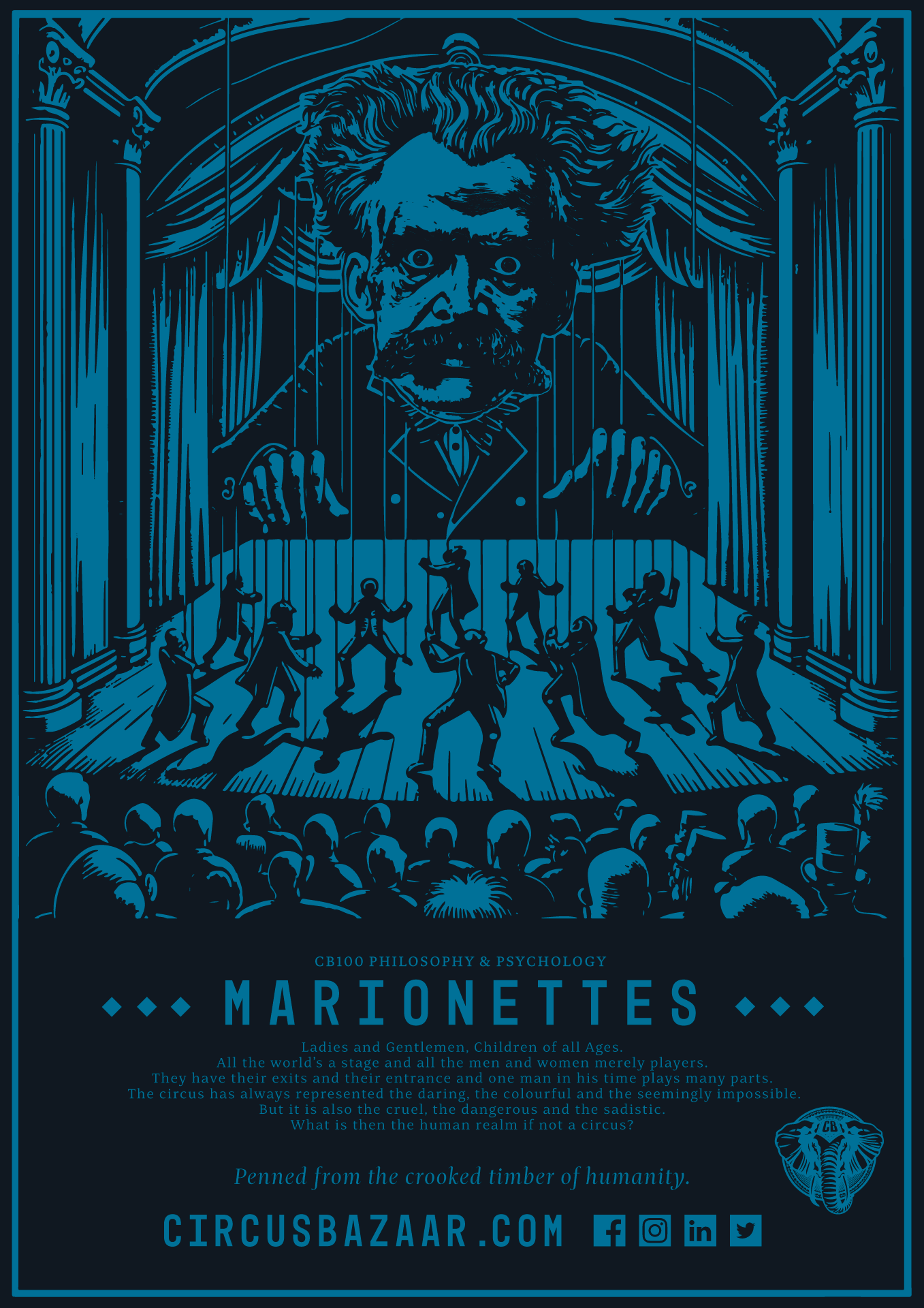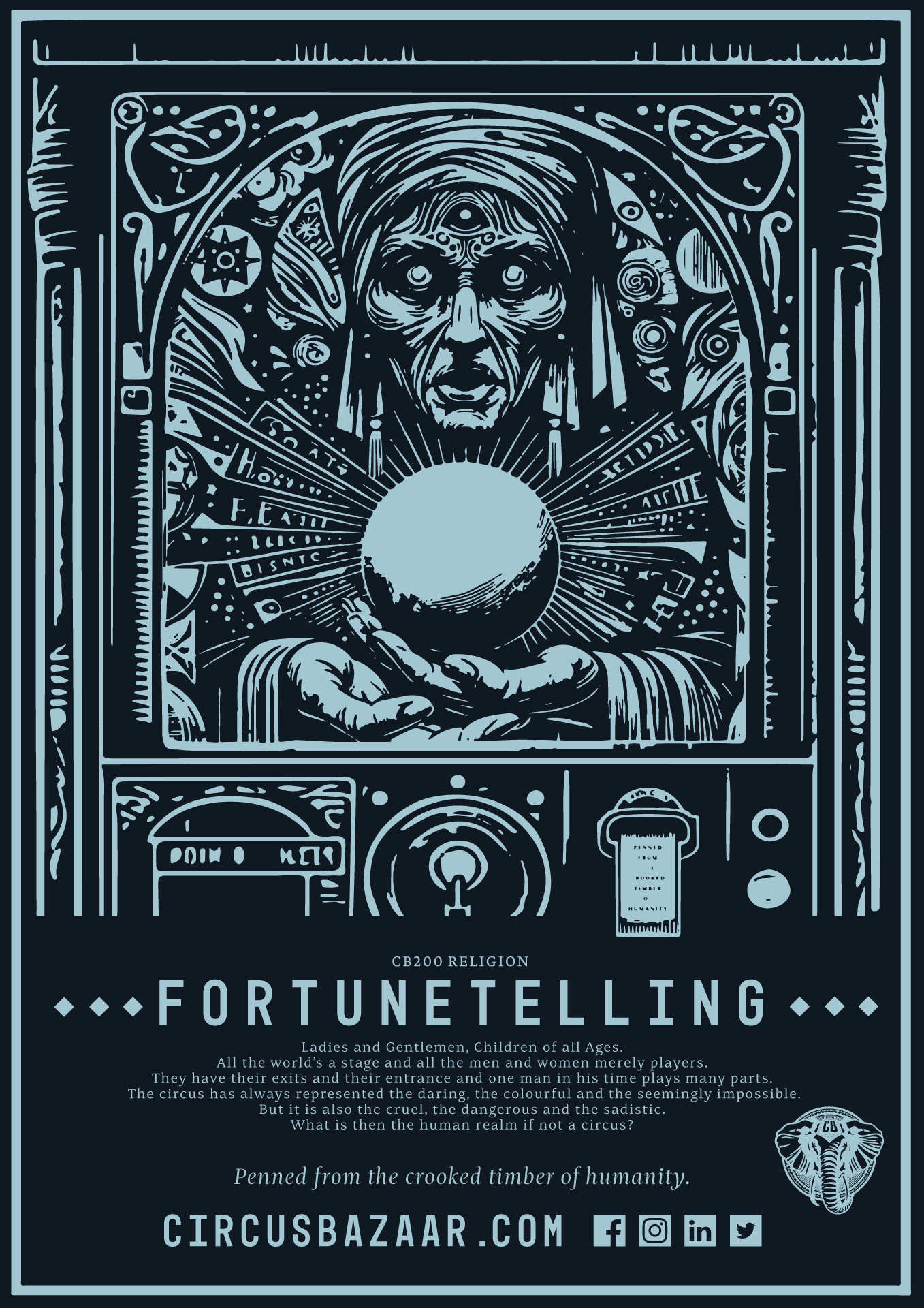Even if Scotland and Catalonia do not secede this time around, quests for secession and autonomy will not go away because in Europe the nation-state does not respond in a meaningful way to the needs of its citizens. L’État est mort? No, it is still around, but ethnicity is marching on, and multiethnic states need to learn how to better respond to it.
[dropcap size=big]O[/dropcap]n September 10 2014, The Telegraph published an article by Ambrose Evans-Pritchard entitled “Only Germany is holding together as separatists threaten to rip Europe apart”. Evans-Pritchard claimed that “Europe is disintegrating”. The consequences of its disintegration were twofold: first, “victory for tribalism”, and, second, German political domination of Europe. Or as the author called it: “Teutonic political hegemony”. Moreover, according to the article, a Scottish “yes” in the upcoming referendum could open a domino effect with other European regions following suit. In the end, if Germany – the lesser evil – would not hold together as a country, Europe would not be able to defend itself against Russia. To me, Ambrose Evans-Pritchard’s article is part of a long series of epistles that have mushroomed for quite a while and have seriously inflated the consequences of European separatist movements.
Let me start by clarifying some things: First, I prefer the term “ethnic regionalism” to “tribalism”. Second, I understand – not approve – the British revulsion towards Teutons. Margaret Thatcher’s anti-German phobia spoke for itself. However, with the Scottish and the Catalan referenda quickly approaching, and, with visible tendencies toward regionalism in Europe, the first question that comes to mind is what is causing this tendency toward fragmentation? Scotland and Catalonia have to decide what is best for them: to be part of Great Britain or Spain, or, to become separate nation-states. And because we came to the nation-state, let us remember that it was the 1648 Peace of Westphalia that gave birth to the “nation-state”. Since then Europe has been a continent of nation-states.
However, let’s start with the state only. What is the state’s primary function? Realist scholars will say anything to make sure it survives. Why? There are several reasons. First, because the state is seen as the ultimate guarantors of its citizens’ security; meaning the security of people who live within its own boundaries. And what/who is threatening the state? Well, many things, but existentially, states are threatened by other states. Therefore, as long as threats coming from other states exist, states can justify their survival, and the defense of their borders. The late Charles Tilly famously said “war made the state and the state made war”. However, what happens if we have a region- in our case Europe – in which existential threats are almost inexistent? In other words, what happens in a region where states were made by war, but do not make war anymore? The state loses much of its appeal, unless it is ethnically homogenous, in which case nationalism could bond its citizens. However, if the state is not ethnically homogenous, and fear of foreign invasions lessens considerably, ethnic regionalism is likely to rise.
Second, apart from survival, states have other functions such as assuring the economic and social well being of their citizens. At the extreme, when this is not happening, states could fail. But, this is at the extreme. Generally, when certain ethnic regions of a state perform better economically and socially than others, one might detect moves toward autonomy, and, in certain cases, towards secession. And there is a political dimension to those processes, too. Some ethnic regions prefer forms of governance that differ from the ones of the states to which they belong.
Third, by putting certain policies in place, international organizations could stimulate the rise of regionalism. The European Union by taking away a great deal of legislative powers from its member states, and by promoting certain regional policies, weakened the state and created special conditions for the rise of regionalism.
Last and very important: the artificiality of the Westphalian “nation-state” construct cannot be ignored anymore. If in a historical process the state fails to create “the nation”- and in many cases in Europe this is the case today- sooner or later secessionist tendencies will rise.
So, where do all these factors leave us?
How, do they play in the case of Scotland and Catalonia? With the vote approaching in Scotland on Thursday, and the Deutsche Bank warning that Scottish independence could throw the country into depression, David Cameron’s camp is desperately trying to convince the Scots that they will be more secure if they stay in the Union. What does being more secure mean? Does anybody threaten them existentially? Or will they be worse off economically? When it comes to clarifying those issues, Cameron is throwing the kitchen sink at the Scots, and is using everything he can in the hope that it might stick. Among other things, Cameron is threatening the Scots that if they leave Great Britain they could not use the pound anymore. Well, this is one side of the coin, or should I say pound: Cameron’s side. The other side is that Scotland might not stand to lose from independence at all because it is a region rich in natural resources, and it is positioned strategically. Brussels will likely find a way to bring an independent Scotland into the EU. And, by the way, the Scotts are claiming they were treated badly by the English. Some immigrant groups in Scotland claim the same thing. We will see the results on Thursday. As you sow, so shall you reap?
On the other hand, the Catalan independence vote is scheduled for November 9, 2014. Demonstrations in Barcelona are planned on Thursday in support of the region’s independence. However, unlike David Cameron, who allowed the Scottish to have an independence vote, the Spanish PM Mariano Rajoy declared the Catalan vote unconstitutional. Rajoy goes around explaining to everybody why Catalonia must not have an independence vote. For one thing, according to him, Catalonia must not vote for independence because an “independent Scotland would be ejected from EU”(?!) For another, because Rajoy believes “that calls for Catalan independence go against the winds of change across the world”. Really? And what on earth are those winds of change across the world? One cannot help but notice that Rajoy’s explanations have little to do with Catalonia per se. Truth be told, a Catalan secession poses an economic threat to Spain. Rajoy knows that. Catalonia packs about a fifth of Spain’s GDP and it is Spain’s most economically productive region. And yes, as in the case of Scotland, states do not like to lose territories – particularly rich ones. Moreover, as reported by USA Today, Susana Beltran, vice president of Catalan Civil Society, an anti-independence group, said that: “Catalonia is a region, not a nation like Scotland.” All I have to say is: that remains to be seen on November 9.
That said, most European states are not battling foreign enemies anymore (Ukraine is a different story). Their security is not threatened anymore by outside armies. However, in certain European states, a more elusive, but equally dangerous enemy to the nation-state is on the rise: the enemy from within. Scotland, Catalonia, and other European regions’ quest for more autonomy expose the shortcomings of the Westphalian “nation-state”, i.e. its failure to create the nation. With no invasions on the horizon European states will have a tough time to revive the discourse of the enemy from beyond the borders. Counting on Russia to save the day and to become an existential threat works in the Baltic States and Poland. It is not working in Western Europe. Claiming that a region that wants to secede will be up the creek with no paddle economically, may not work either. Moreover, in most European states it has become increasingly problematic to explain to their regionally ethnic populations why they cannot determine their own mode of government, or why they cannot be politically independent. Even if Scotland and Catalonia do not secede this time around, quests for secession and autonomy will not go away because in Europe the nation-state does not respond in a meaningful way to the needs of its citizens. L’État est mort? No, it is still around, but ethnicity is marching on, and multiethnic states need to learn how to better respond to it.

























